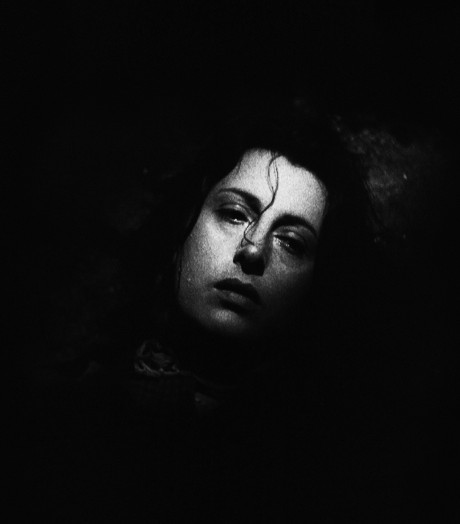


Enrico Cerasuolo: The Passion of Anna Magnani

It was shot in 1945, “Rome – Open City”, director Roberto Rossellini, with Anna Magnani in the role as Pina. I am sure you know the scene, where she is running after her husband Francesco, who has been arrested by the Nazis to be taken away in a van. Pina runs after him and is shot down in the middle of the street. A priest takes her in his arms. Visually a piéta. A film-historical scene from one of the true masterpieces in world cinema, one of many from the neorealistic wave in Italian cinema.
The film on Anna Magnani is such a pleasure to watch. Normally I hesitate,
when films include interview quotes with people, who tell the viewer how fantastic the portrayed person is! In this case it is more than relevant as the ones talking are film historical icons like Luchino Visconti, Jean Renoir, Rossellini, Marcello Mastroianni, Anthony Quinn. They supplement what is obvious from the many clips from her films. Her filmography is enormous, I was happy to be reminded of – in words and/or in clips – “Bellissima” (Visconti, 1951), “The Golden Coach” (Renoir, 1953), “Mamma Roma” (Pasolini, 1962) and “Fellini’s Roma” (1972, the year before she died 65 years old)
And her son Luca Magnani talks so good in a chair in the beautiful room in the Palazzo in Rome, where she lived. But most important are the fine interviews with her, one in French and one audio made by the famous journalist Oriana Fallaci that is superbly connected to visuals – photos, archive clips.
As an actress she was able to express the passion that the film carries as a title. Powerful, able to shift from fear to laughter or crying, her face, look at the photos, always able to find the right expression. It did not come easy. Jean Renoir talks about four or five rehearsals on the set before she found what he and she were looking for. Visconti, who wanted her for « Ossessioni » (1943), but she was pregnant, tells about her ability to invent, to develop a character, Marcello Mastroianni who only worked with her once, in « 1870 » (1971), says that he got goosebumps acting with her, « the greatest actress we ever had ». « A force de la nature », says Renoir, and the portrait film gives the evidence.
The director, Enrico Cerasuolo, has chosen to tell the story about la Magnani, in a personal way, where he adresses her, “you…”. It works fine, gives the film the flow needed and does not shadow for her presence. The film manages to find a tone, where pain and joy of the actress comes forward. She was 20 years away from the theatre stage, that she loved so much more than cinema. In theatre you can be creative and you are part of a team, in cinema you always quarrel!
Of course the dramatic separation from Rossellini has its part in the film. „Stromboli“ was made with Ingrid Bergman and not with Magnani, as the director had promised her. As a response she made parallel to that film „Volcano“. In the Fallaci interview, she nevertheless says that Rossellini was the director she had the best working relationship with.
Hope for you cinephiles that the film comes to a festival near you or at a cinematheque or… on television.
Italy, France, 2019, 1 hour.